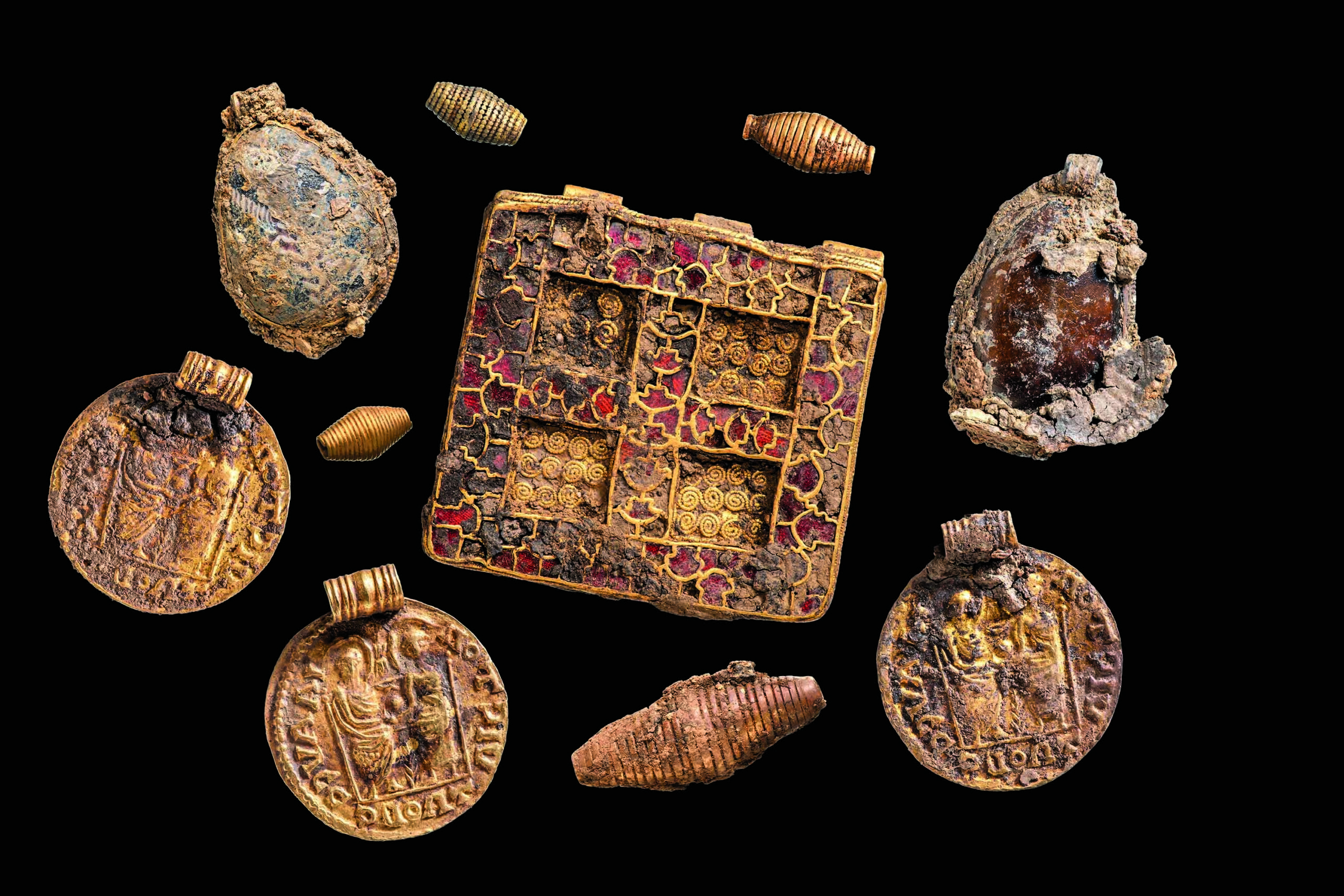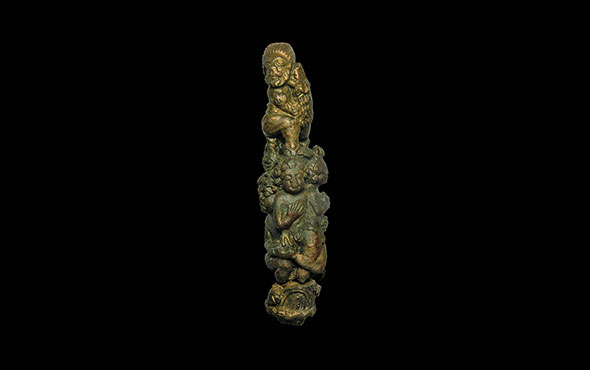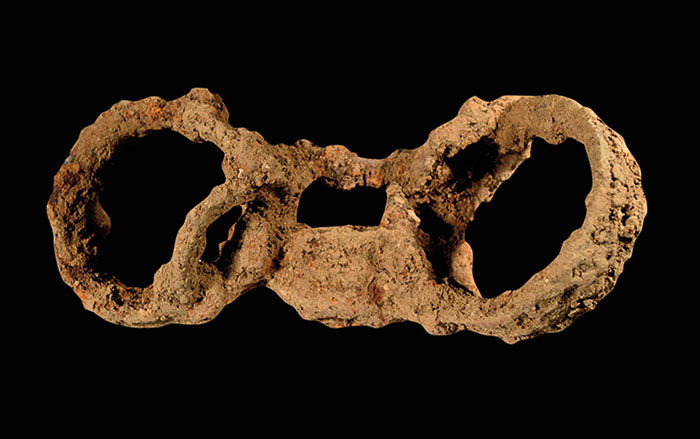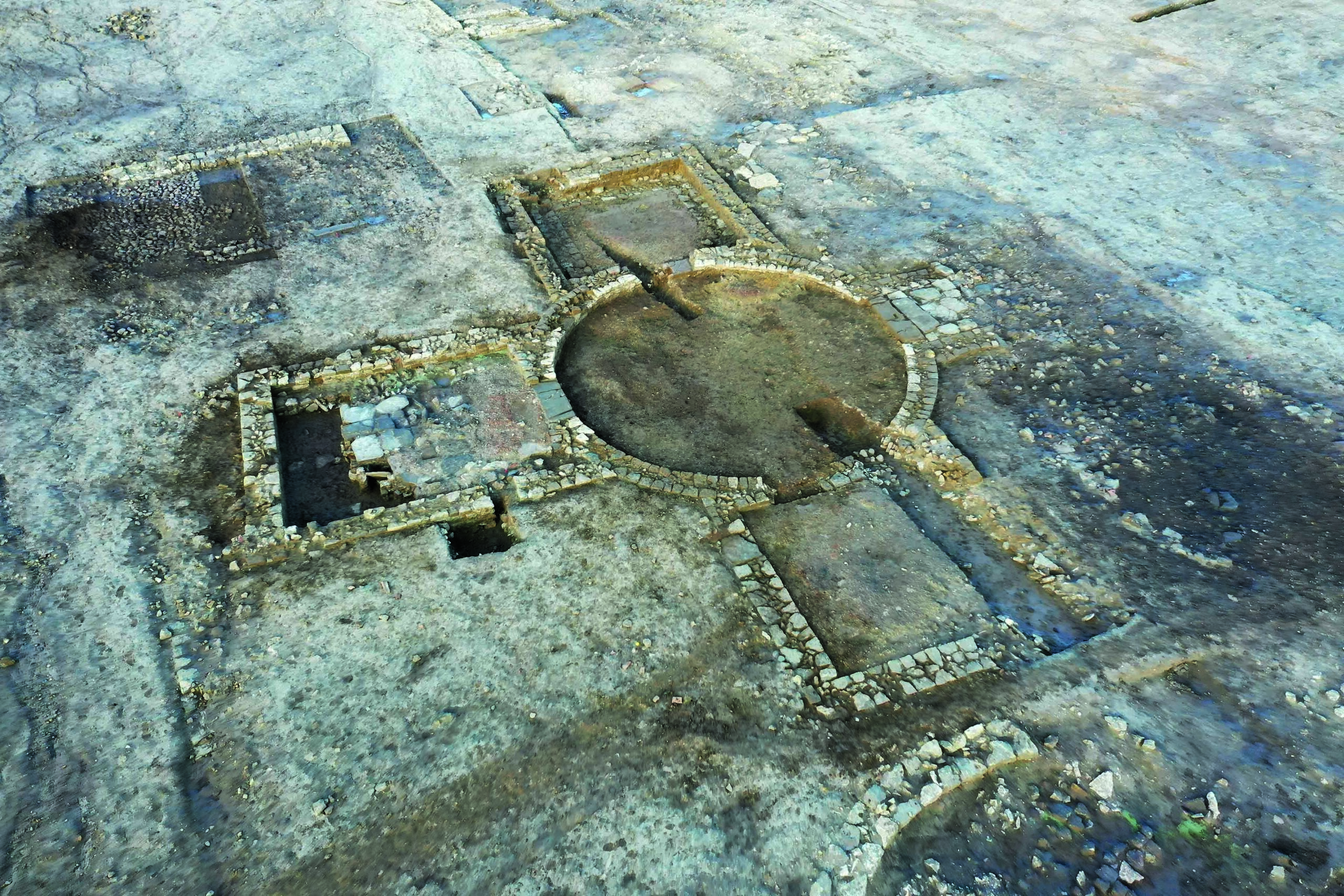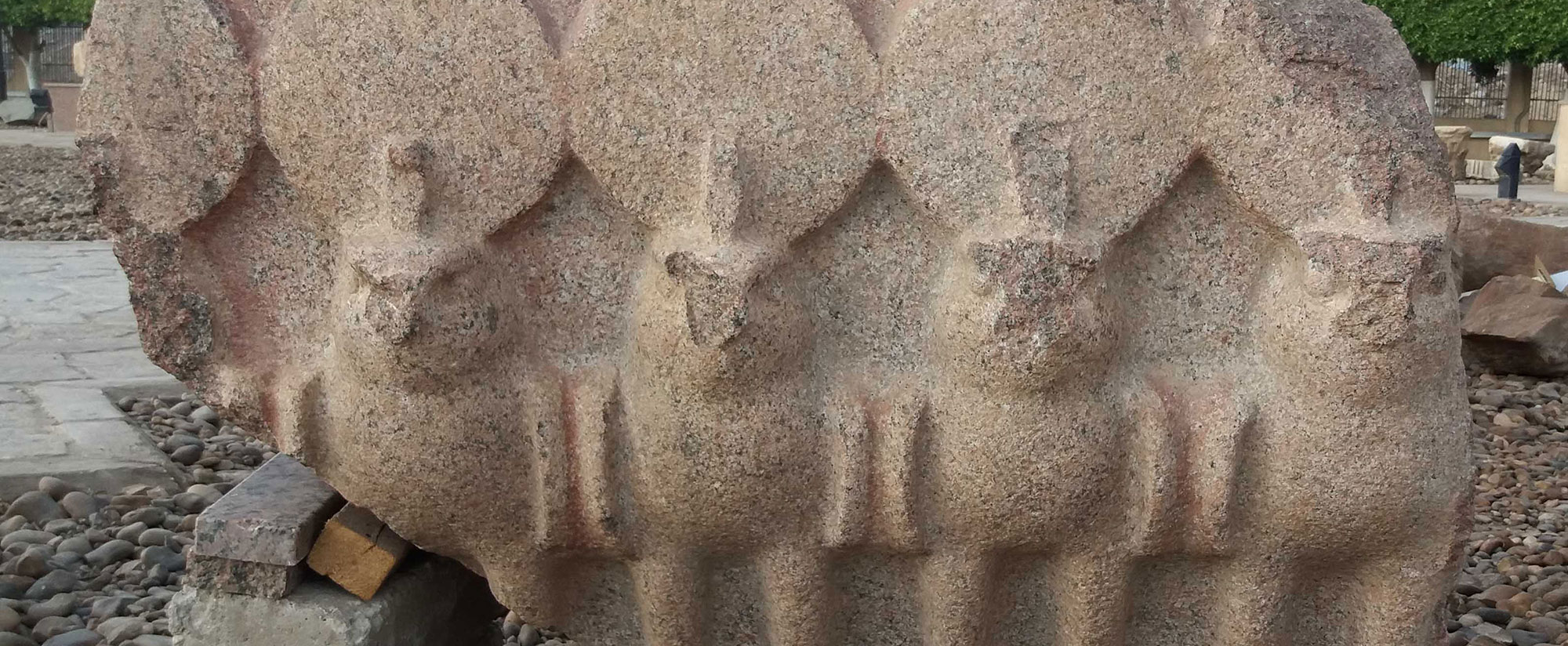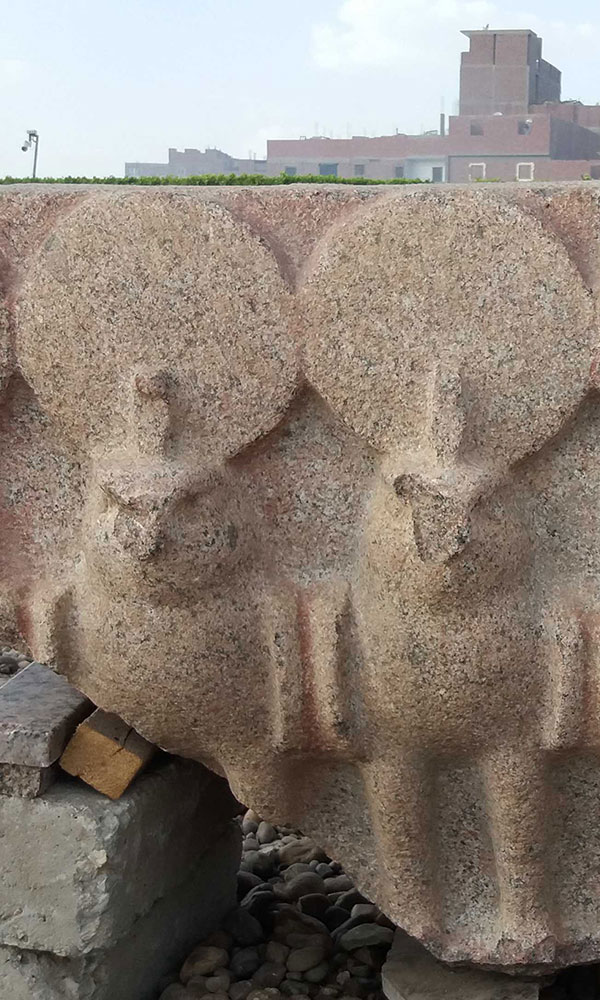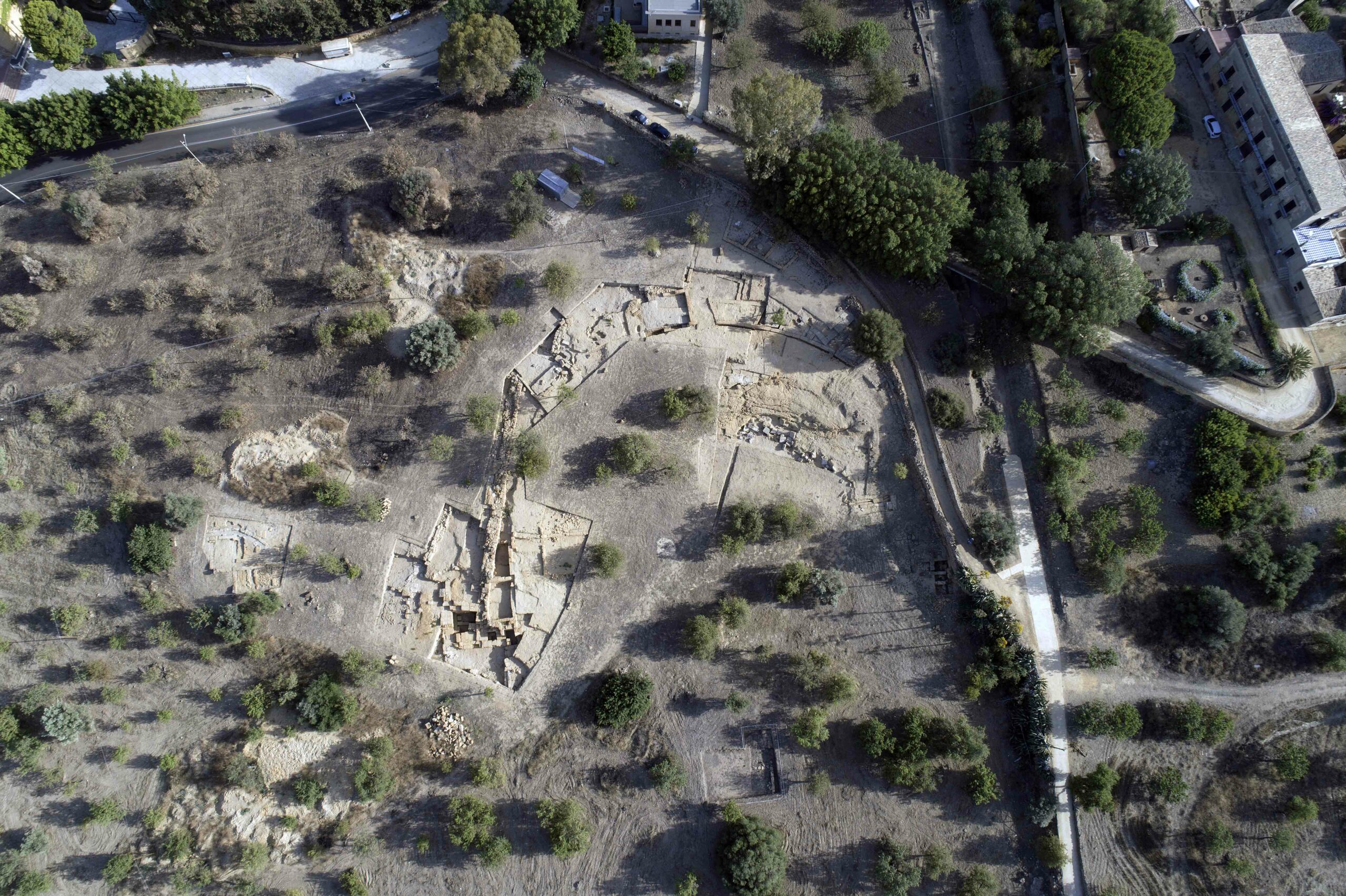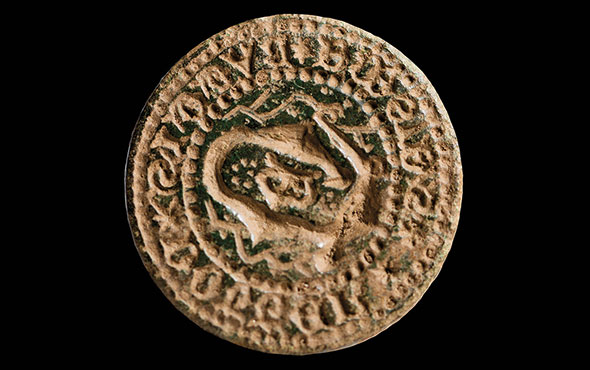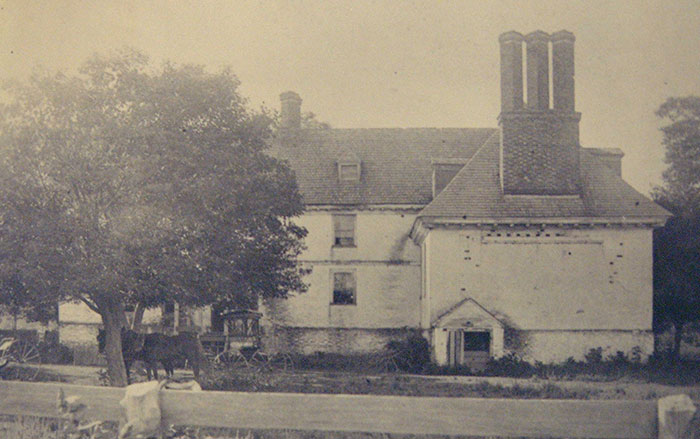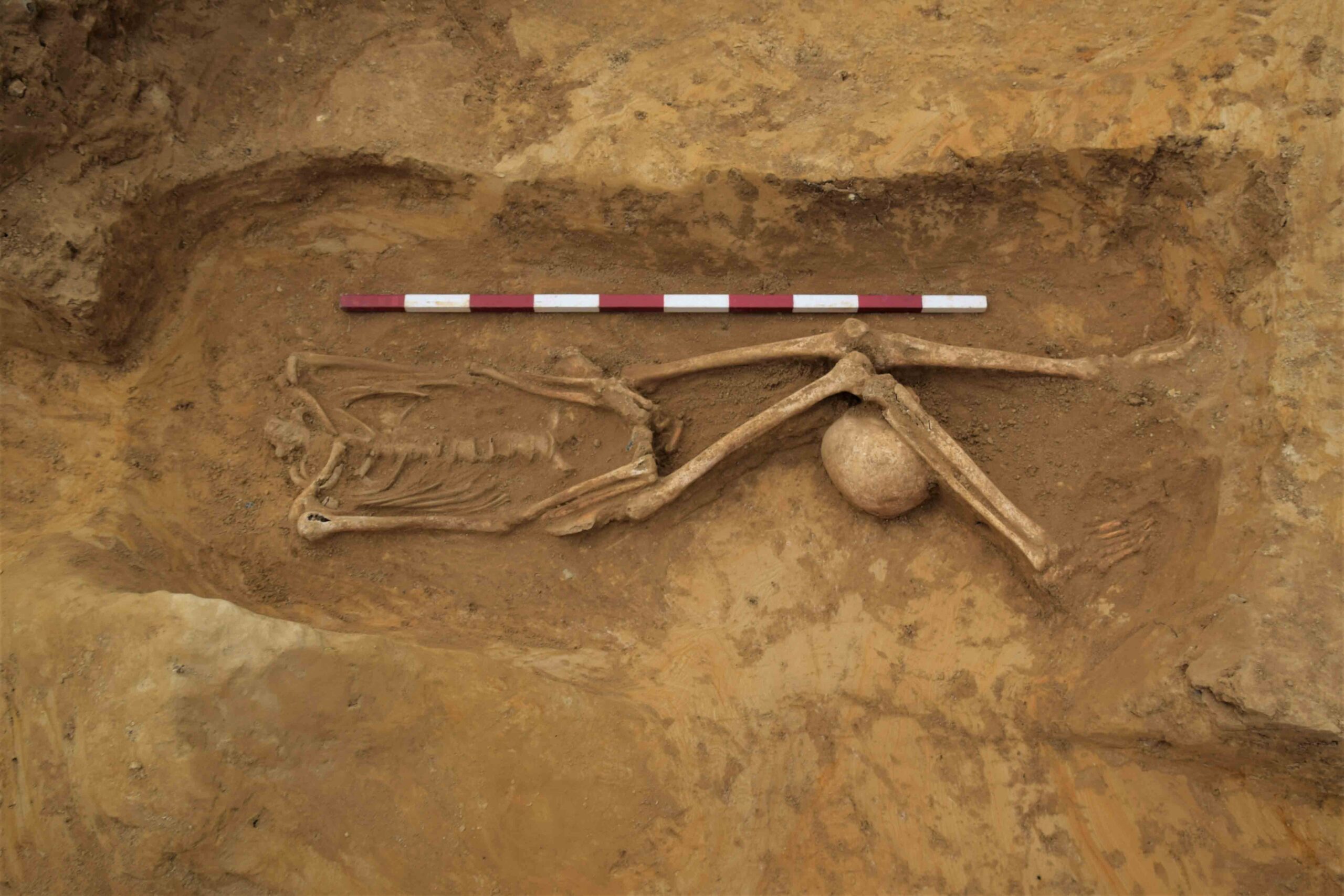
The discovery of a Roman cemetery near Great Whelnetham in Suffolk, England, containing more than 50 graves of men, women, and children has revealed a peculiar burial custom practiced by some of the people living there around 1,700 years ago. At least 17 of the bodies were decapitated, and their skulls were placed at their feet or tucked between the legs of their otherwise intact skeletons. Osteological analysis indicates the heads were not chopped off with sudden, death-inducing blows, but were deliberately removed postmortem. “This appears to be a careful funeral rite that may be associated with a particular group within the local population,” says Andrew Peachey of Archaeological Solutions. “The rite may be associated with a belief system or a practice that came with the group as they moved into the area, perhaps as a labor force or even as slaves, from elsewhere in the Roman Empire.”



